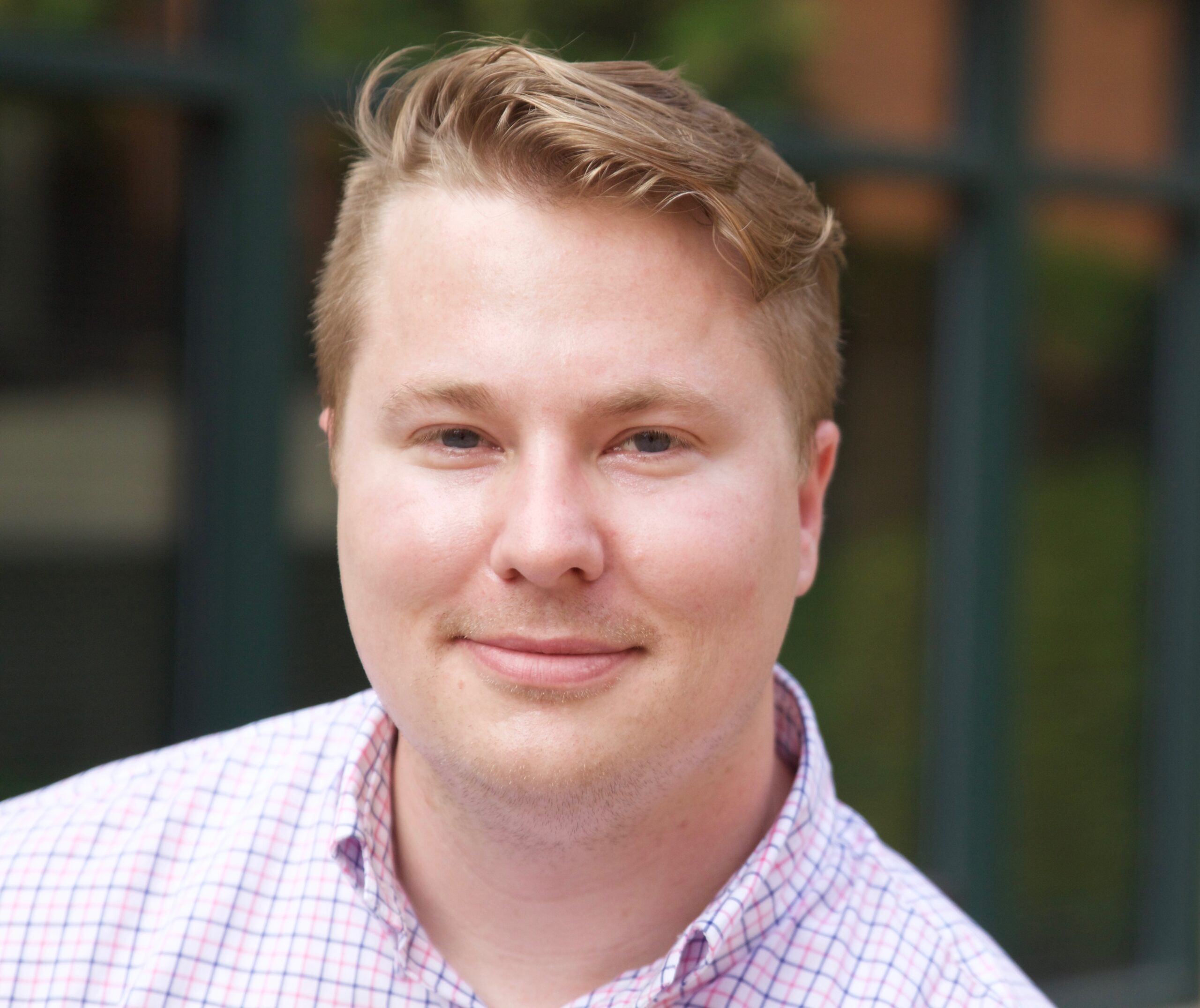The COVID-19 pandemic is changing higher education rapidly—leaving students, faculty and staff wondering what’s next and where exactly they will be learning from in the days ahead. Schools across the country are scrambling to determine longer-term solutions to fill the void of on-campus learning and conventional internship programs. While many colleges have implemented stricter protocols to make in-person learning happen, hundreds decided not to reopen yet as the public health crisis continues. Until it is safe to resume to regular schedules and routines, online classes in some capacity are here to stay.

With over 75 percent of students unhappy with the current quality of online learning, colleges must continue to search for methods that keep students engaged and most importantly, prepare them for life after college. Now more than ever, project-based learning is essential in providing students with the tangible experiences and professional skills they need to feel as prepared as possible before starting their careers.
The emergence of experiential learning programs
Since the novel pandemic hit in March, students have been in limbo, wondering what the remainder of their college experience is going to be like. Internships, career fairs, networking events and more have been canceled, leaving juniors and seniors to become increasingly apprehensive about their futures after graduation. At a time when students are physically unable to work and learn from professionals in-person, there must be an alternative to lecture and set-in-stone textbooks. This is where the need for experiential learning comes in. Rather than reading from a textbook and taking a test, students work hand-in-hand with mentors and employers themselves to solve real challenges.
Experiential learning programs are tailor-made for a remote world and allow students to work (remotely) in teams with faculty oversight and support, on a challenge posed by a real employer. These team-based programs can be included directly into the curriculum (most often as a senior year capstone) or they can be extra-curricular, just as an internship would be. We survey schools annually on the state of their experiential programs, and as of March 2020, almost half of all surveyed schools had dedicated offices and directors of experiential learning programs.
For most academic disciplines, it takes more than a classroom to give students the opportunity to build skills for the real world. Fortunately, for a post-classroom world, experiential project-based learning is well suited for outside-the-classroom work. And just like the real world, working remotely is the standard in project-based learning. Students can test their skills with real-life scenarios, which creates a challenging yet positive environment. This is truly a win-win scenario: schools help provide students with the work experience and skills they need for career readiness, while employers benefit from a different perspective from a younger demographic and a unique recruitment tool.
What is next for higher education?
The pandemic has greatly disrupted education. In particular, higher ed is facing a myriad of unique and unpredictable challenges that sets it apart from other industries. The unknown status of classroom education and traditional internships have made the need for experiential learning programs even more crucial to provide students with meaningful experiences before entering the daunting real-world.
The future job market and the future of Higher Education remain fluid, but I am confident that having a set of real projects, tasks and performance reviews under a student’s belt can only help prepare for professional environments. Experiential project-based learning will continue to grow, as well as the use of online tools generally. What lies ahead for higher education is uncertain, but there remains no substitute for experiencing work in a hands-on environment.
David Comisford is the founder and CEO of EduSourced. A serial entrepreneur, he has nearly a decade of experience in serving the higher education space. His first company was the online textbook rental platform, Frewg, and he later started EduSourced with the mission of bringing real-world and career-based learning to the higher education curriculum.

